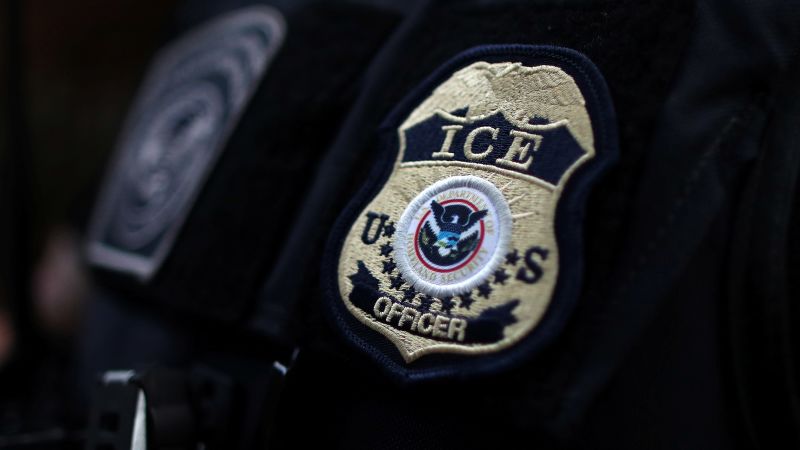The recent arrest of eight Tajik nationals suspected of having ties to ISIS has raised concerns among US national security officials about the potential for an attack on US soil. These individuals entered the US through the southern border and sought asylum under immigration law. Intelligence connecting them to ISIS was discovered after they had already been vetted and allowed into the country. Some of the men had expressed extremist views in their communications, leading to increased surveillance efforts by federal agents.
After a period of surveillance, federal officials made the decision to apprehend the men to prevent any potential attacks or involvement in a wider terrorist network. The men are currently in federal custody on immigration charges and will be deported following a counterterrorism investigation. The concern is that Tajikistan, where the men are from, has been a source of recruitment for ISIS-K, the Afghanistan-based affiliate of ISIS, which has carried out attacks in Europe.
US officials are worried that the Tajik men may have been radicalized by ISIS-K while in the US, potentially becoming lone-wolf attackers. The difficulty lies in identifying individuals who do not communicate their plans, making it challenging for security officials to prevent attacks. With global conditions increasing the risk of a terror attack on US soil, concerns about intelligence gathering have been raised due to drawdowns in various regions. Former CIA Director Michael Morell warned of a high terrorist threat level, supported by FBI Director Christopher Wray.
Intelligence gaps exist for ISIS-K in Afghanistan, where the group is primarily based. While they focus on radicalizing individuals rather than training operatives, there is still much unknown about their tactics and strategies. ISIS-K has leveraged online propaganda to radicalize vulnerable populations, such as Tajikistan, a country facing extreme poverty and religious repression. The rise of ISIS-K has added complexity to counterterrorism efforts and increased the challenge of preventing attacks.
The warnings issued by intelligence officials signal a heightened awareness of the threat posed by terrorist groups like ISIS-K and the potential for attacks in the US. The tradeoff between intelligence collection and military presence has impacted the ability to gather information on emerging threats. It remains crucial for security officials to adapt to the evolving landscape of terrorism and anticipate the actions of lone-wolf attackers who may be influenced by extremist ideologies. The combination of increased terrorist capabilities and intentions poses a serious risk to national security.


